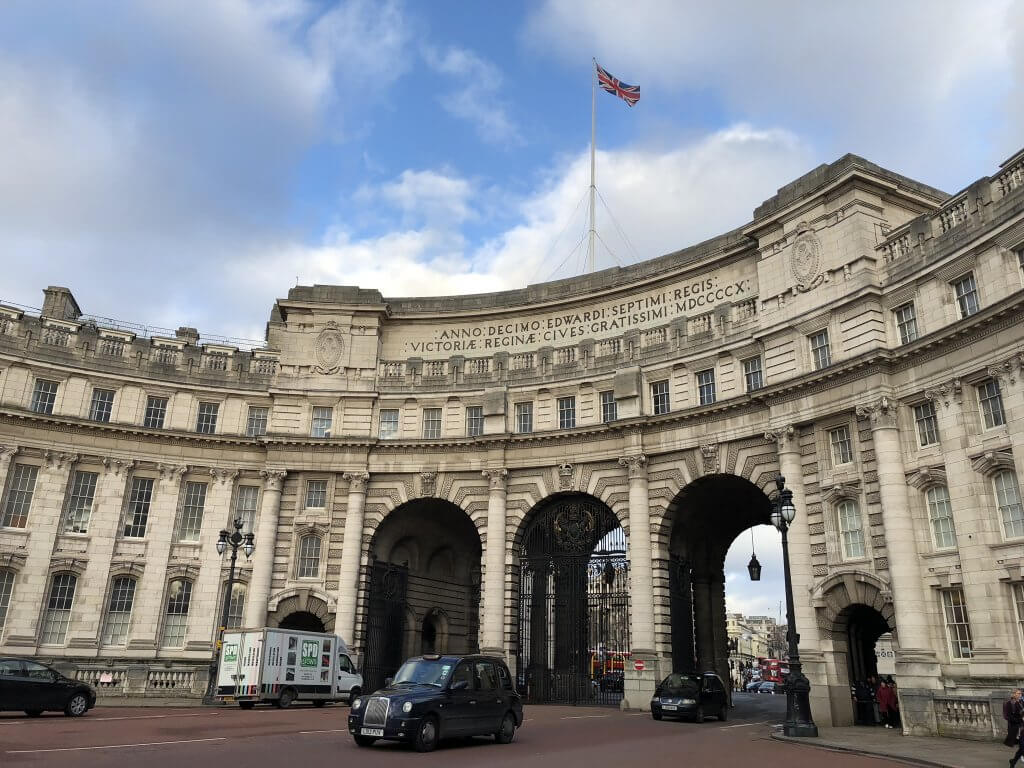By: Robert J. Moss
Last winter, I undertook a new adventure in the UK, studying at the University of Warwick. Like most, exchange presented me with an amazing opportunity to meet dozens of people from around the world with diverse experiences from my own. However, one of my goals for exchange was to go beyond just meeting students at my university or roommates in hostels. I wanted to meet professionals on a similar career path and expand my international network. To accomplish this, I went to the professionals directly. Using cold emailing to set up coffee meetings in London, I was able to meet numerous professionals and gain valuable insights about working abroad.
I first started using the technique back in Canada to meet with people in Toronto. It’s applicable anywhere and in any field. Cold emailing is predicated on the knowledge that employee email addresses follow predictable syntaxes that can be easily found online with the help of forums, corporate websites or simply guessing. After that, the challenge is to create an enticing email. You should introduce yourself, explain why you want to meet the person, and ask about their availability on a few dates. Websites like Wall Street Oasis and Breaking into Wall Street can provide more nuance on how to craft your email. After you hit send, be prepared to respond in a timely and professional manner, if you receive a reply. Many people will not respond. Don’t let that discourage you. There’s also plenty willing to help. The first person I met in London was a McMaster alumni who I emailed five months prior, mistakenly assuming he worked in Toronto and suggested we meet there. Luckily, he responded, a dialogue began, and our meeting was by far one of the most interesting I have had on either sides of the Atlantic.
Be prepared to make the most of every opportunity you receive. Think of questions and topics to discuss before the meeting. A general rule is to avoid questions that could be readily found online. Whoever you’re meeting with will also likely ask you questions. When I was starting out in Toronto, I once had someone really grill me on why I wanted to pursue a certain career. The reasons why were clear in my head, but not as easy to articulate intelligently, on the spot, to the other person. So, now I’m always prepared for questions like that and you should be too. In addition, be sensitive of any cultural differences. The trick is to be prepared, but not seem too prepared. I’ve seen a lot of students, including myself, let nerves get the best of them and come off as robotic or uninteresting when it comes to networking in general. It’s important to remember it’s just a conversation. You don’t want to go straight into listing off rote questions. In one meeting with an equity research associate working in the City of London, I started the conversation by talking about “Beast from the East” that had just finished tormenting the UK. The beast in question was a cold front that ushered in sub-zero temperatures and sent usually snowless parts of the UK into a frenzy. Starting with something easily relatable like that helped break the ice and make it feel more like a conversation than an interrogation. Ultimately, accomplishing this will lead to better meetings, as I have discovered firsthand.
Within twenty-four hours after the meeting, you should always send a thank you email to your contact. Later, staying in touch with the person is imperative to keep the connection alive. How you stay in touch is really open to a lot of creativity. Maintaining your connection will require strong emotional intelligence on your part to determine what behaviour is appropriate for the specific relationship.
Looking back, I learned a lot from my coffee meetings overseas. I learned the nuances of certain jobs and how actual people in the UK’s financial services sector expect to be impacted by Brexit. My greatest takeaway was about working in London. As a young professional, it’s hard to get work overseas unless you’re in the country and show you’re committed. Wherever you are, networking can be a great learning opportunity. With all this information, you should be well on your way to building an international network. If networking is not your thing, sending your first cold email can naturally be intimidating. However, remember that at one point in time the person you are contacting was in a similar position as yourself. Many people are willing to meet and offer advice, given this fact. So, don’t be afraid to put yourself out there and hit that send button!




About Robert
Robert Moss is a student in the Commerce program at the DeGroote School of Business at McMaster University. He studied for a single term at the University of Warwick, United Kingdom.